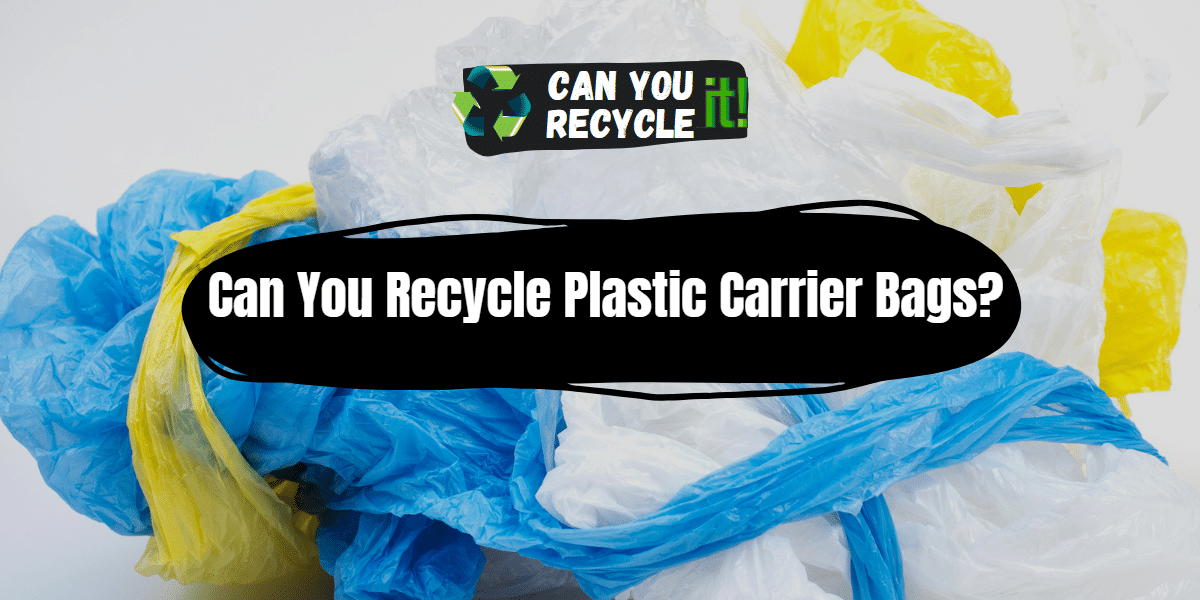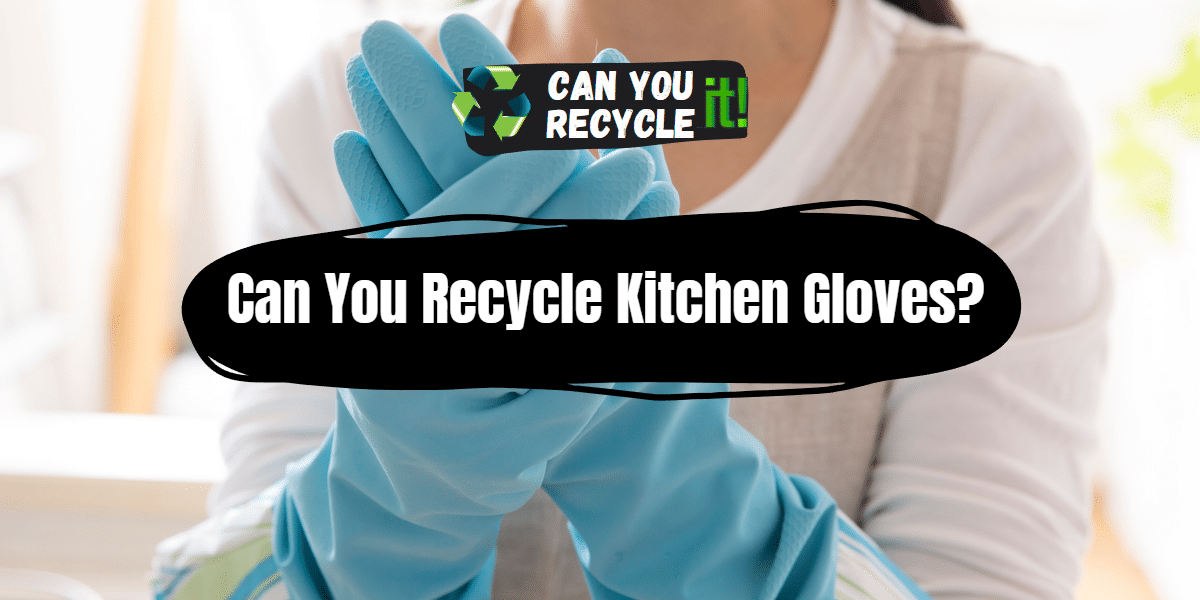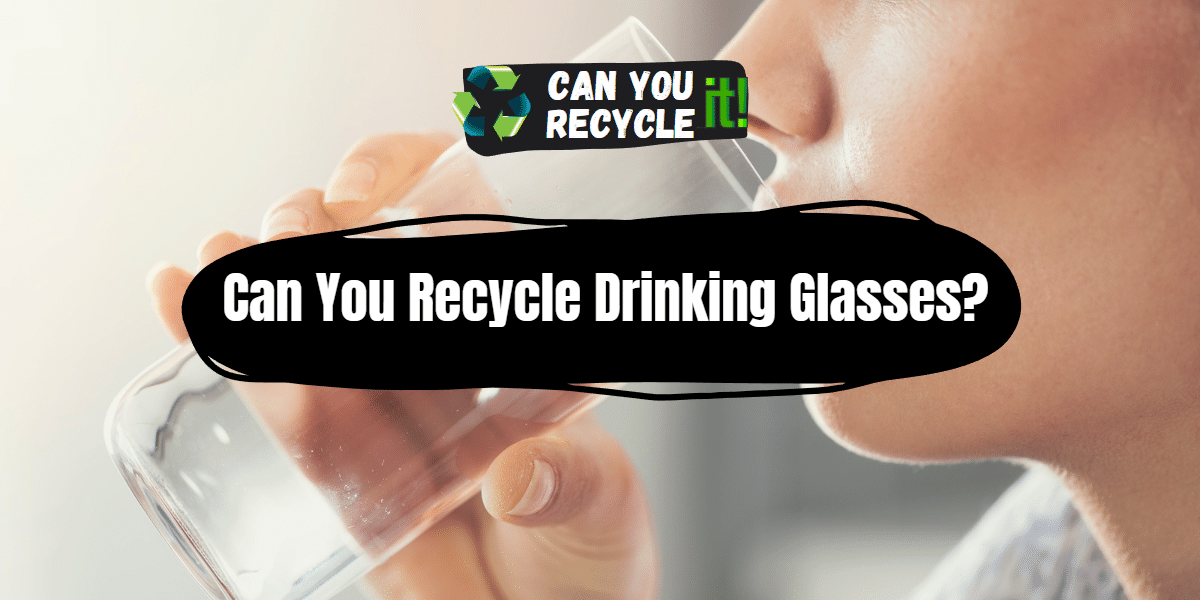Yes, we can recycle plastic carrier bags. Many recycling programs accept plastic bags, including carrier bags, for recycling.
However, checking your local recycling facility’s specific guidelines and policies is crucial.
Plastic carrier bags are typically made of high-density polyethylene (HDPE) or low-density polyethylene (LDPE), both of which are commonly accepted by recycling centers. Look for the recycling symbol on the bag, usually represented by the number 2 or 4, indicating HDPE or LDPE, respectively. If the bag bears one of these symbols, it is likely recyclable.
Plastic carrier bags, commonly used for shopping and carrying goods, have become a topic of concern due to their environmental impact. Many people are unsure if these bags can be recycled. In this article, we will explore the question of whether plastic carrier bags are recyclable. We will provide a comprehensive guide covering the dos and don’ts, offering a five-step recycling process, suggesting alternative solutions for non-recyclable bags, discussing the environmental impact, addressing FAQs, and sharing final thoughts.
Table of Contents
Do’s and Don’ts
When it comes to recycling plastic carrier bags, it is essential to keep the following dos and don’ts in mind:
Dos
- Do check with your local recycling facility: Contact your local recycling facility or check their website to determine if they accept plastic carrier bags for recycling. Guidelines may vary from one area to another.
- Clean and dry the bags: Clean the bags to remove any dirt or residues. Wash them with mild soap and water, rinse thoroughly, and let them dry completely before recycling. Clean bags prevent contamination during the recycling process.
- Consider bag reuse: Evaluate whether plastic carrier bags can be reused before recycling. They can serve various purposes, such as organizing items at home, packing for trips, or even as small trash bags. Extending the lifespan of the bags reduces waste.
Don’ts
- Don’t mix plastic bags with regular recycling: Avoid placing plastic bags, including carrier bags, in your curbside recycling bin. These bags can cause tangling in sorting machines, disrupting the recycling process. Instead, collect them separately for proper recycling.
- Don’t include non-recyclable bags: Some plastic bags, such as those made of polyvinyl chloride (PVC), are not easily recyclable. Ensure that the bags you are recycling are made of HDPE or LDPE, as indicated by the recycling symbols.
5-Step Guide to Recycle Plastic Carrier Bags
Follow these five steps to recycle plastic carrier bags effectively:
Step 1
Gather the bags: Collect all the plastic carrier bags you wish to recycle. Ensure they are empty, clean, and dry.
Step 2
Check with local recycling facilities: Contact your local recycling center or municipality to verify if they accept plastic bags. Inquire about any specific guidelines, such as bag preparation or drop-off locations.
Step 3
Prepare the bags: Fold and bundle the bags together for easier handling. Some recycling centers may require the bags to be tied or bundled securely.
Step 4
Drop off the bags: Take the prepared bags to the designated drop-off location or recycling center. If there are no nearby drop-off locations, check if any grocery stores or retailers have bag recycling programs.
Step 5
Promote recycling awareness: Encourage others to recycle plastic carrier bags by sharing information and educating them on the benefits of proper recycling. Spread awareness about the environmental impact of plastic waste and the importance of recycling efforts.
What to Do with Plastic Carrier Bags That Cannot Be Recycled
In cases where recycling plastic carrier bags is not possible, explore alternative solutions to reduce waste and minimize environmental impact:
- Reusable bags: Invest in reusable bags made of durable materials such as canvas or jute. These bags can be used repeatedly, reducing the need for single-use plastic carrier bags.
- Return to retailers: Some grocery stores or retailers have collection points for used plastic carrier bags. They may have recycling programs in place or use the bags for other purposes, such as making plastic lumber.
- Donate or repurpose: Consider donating plastic carrier bags to local charity organizations or community centers. These bags can be repurposed for various purposes, such as art projects, crafting, or packaging donations.
- Dispose responsibly: If none of the above options are feasible, dispose of the non-recyclable bags following local waste management guidelines. Avoid littering or improper disposal that could harm the environment.
Environmental Impact of Recycling Plastic Carrier Bags
Recycling plastic carrier bags plays a significant role in reducing the environmental impact of plastic waste. Here are some key environmental benefits of recycling:
- Energy Conservation: Recycling plastic sandwich bags reduces the need for new plastic production, conserving energy and resources. It also minimizes the carbon emissions associated with extracting and manufacturing virgin materials.
- Waste Reduction: Proper recycling or alternative disposal methods for plastic sandwich bags prevent them from ending up in landfills, which can contribute to pollution and take years to decompose.
- Promoting Sustainability: By actively seeking out and supporting brands that offer reusable or eco-friendly alternatives to plastic bags, consumers can drive positive change and encourage a shift towards sustainable practices.
FAQs for Can You Recycle Plastic Carrier Bags
Can I recycle plastic carrier bags in my curbside recycling bin?
No, including plastic carrier bags in curbside recycling bins is generally not recommended. These bags can cause tangling in sorting machines, affecting the recycling process. It is best to check with your local recycling facility for proper disposal methods.
What types of plastic carrier bags can be recycled?
Plastic carrier bags made from HDPE or LDPE (indicated by the recycling symbols with numbers 2 or 4, respectively) are generally recyclable. However, it is essential to check local recycling guidelines to confirm whether they accept these bags.
Why is it essential to clean plastic carrier bags before recycling?
Cleaning the bags ensures they are free from dirt, residues, or contaminants. Clean bags prevent contamination during the recycling process, helping maintain the quality of recycled materials.
Conclusion and final thoughts 💭
Recycling plastic carrier bags is essential to reducing plastic waste and its environmental impact. We can make a positive difference by following the dos and don’ts, adhering to local recycling guidelines, and exploring alternative solutions for non-recyclable bags. Remember, small actions like recycling can collectively lead to significant changes in waste reduction and conservation efforts. Let’s strive for a more sustainable future by responsibly managing plastic carrier bags and promoting recycling awareness.





Leave a Reply